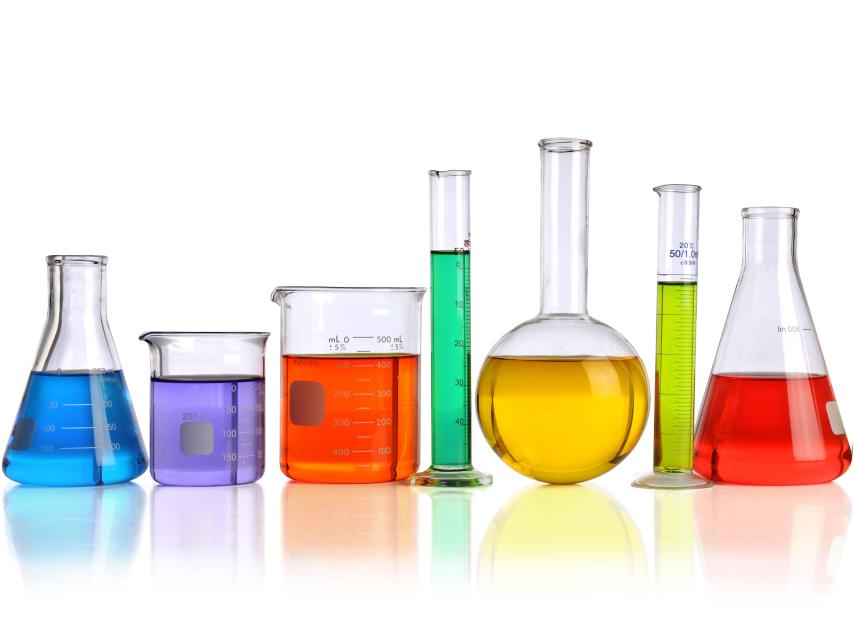EPA 3754 Determination of Sulfide in Wastewater
The EPA 3754 Method is a pivotal analytical technique used for the determination of sulfide levels in wastewater. This method ensures compliance with environmental regulations and helps in the assessment of water quality, particularly relevant to industries such as mining, metal finishing, and oil and gas. Compliance with EPA standards is crucial for organizations seeking to minimize their ecological footprint and avoid potential fines.
The primary purpose of this method is to accurately measure the concentration of sulfide ions (S²⁻) in wastewater samples. This measurement allows for the identification of sources of pollution and aids in the development of remediation strategies. The EPA 3754 method is particularly useful for industries that are subject to stringent environmental regulations, as it provides a standardized approach to monitoring water quality.
The first step in this process involves collecting wastewater samples from relevant points within industrial operations or municipal systems. Samples must be collected using appropriate containers and should be kept cool to prevent chemical reactions that could alter the sulfide content. Once collected, these samples are transported back to our laboratory for analysis.
Upon arrival at the lab, the samples undergo a series of preparatory steps designed to ensure accurate results. This typically includes filtering to remove particulates, diluting as necessary, and adjusting pH levels if required by the method's specifications. The core analytical technique involves the use of a colorimetric reaction between sulfide ions and potassium tris(oxalato)chromate(VI), which produces a characteristic blue-green color.
The intensity of this color is then measured using a spectrophotometer, providing a direct correlation to the sulfide ion concentration in the sample. This method ensures high precision and accuracy, making it suitable for both routine monitoring and complex industrial applications.
The results from these analyses are reported according to EPA 3754 guidelines, which specify reporting levels down to 0.5 parts per million (ppm). This level of detail is essential for industries dealing with stringent environmental regulations, as even trace amounts of sulfide can have significant ecological impacts.
Our laboratory adheres strictly to EPA protocols and utilizes state-of-the-art instrumentation and reagents to ensure reliable results. We also provide detailed reports that include all necessary information for regulatory compliance, such as method validation data and quality control metrics.
In addition to its role in environmental monitoring, the EPA 3754 method plays a critical part in industrial process optimization. By regularly measuring sulfide levels, companies can identify inefficiencies or areas of high sulfur content that could indicate potential leaks or other operational issues.
Industry Applications
- Mining operations to monitor leachate and tailings pond water quality
- Metal finishing plants for plating baths and rinse waters
- Oil & gas facilities for produced water and wastewater treatment processes
- Pharmaceutical manufacturers for process water and final product testing
| Industry Sector | Application |
|---|---|
| Mining | Leverage EPA 3754 to monitor leachate and tailings pond water quality. |
| Metal Finishing | Ensure compliance with wastewater discharge limits by analyzing plating baths and rinse waters. |
| Oil & Gas | Use the method for produced water and wastewater treatment processes to meet regulatory requirements. |
| Pharmaceuticals | Perform quality checks on process water and final products using EPA 3754. |
Quality and Reliability Assurance
The reliability of the results generated by the EPA 3754 method is paramount for any organization operating within regulated industries. Our laboratory employs rigorous quality control measures to ensure consistent accuracy and precision in all our analyses.
We follow strict calibration protocols using certified reference materials, ensuring that our instruments are always set at optimal performance levels. Additionally, we maintain a robust quality assurance program that includes regular proficiency testing with external laboratories recognized for their expertise in environmental analysis.
Our team of highly trained and experienced analysts adheres strictly to EPA 3754 guidelines throughout the entire analytical process, from sample preparation to final report generation. This adherence ensures that all results are not only accurate but also comparable across different facilities and jurisdictions.
The precision and accuracy of our methods are further enhanced by continuous training and certification for our personnel. We regularly update our knowledge base with the latest industry standards and best practices, ensuring that we remain at the forefront of analytical science.
Our commitment to quality extends beyond just technical proficiency; it also encompasses transparency in reporting. All reports generated from EPA 3754 analyses include detailed method validation data, traceability information, and any relevant quality control metrics. This comprehensive approach ensures complete confidence in the reliability of our results.
International Acceptance and Recognition
The EPA 3754 method is widely recognized and accepted across various international standards organizations. It has been adopted by several countries and regions as a standard for measuring sulfide levels in wastewater, including the European Union (EU) and Canada.
In Europe, the ISO equivalent to the EPA 3754 method is ISO/TS 16028-2, which provides supplementary guidelines for the determination of total sulfur content in water. Similarly, the Canadian Environmental Protection Act (CEPA) includes provisions that align closely with the EPA's regulatory framework.
The acceptance and recognition of this method by international bodies underscore its significance in global environmental protection efforts. By adhering to such standards, organizations can ensure consistent compliance across different jurisdictions, facilitating smoother international trade and collaboration.
Our laboratory is fully compliant with these international standards, ensuring that our results are not only accurate but also universally acceptable. This allows clients to confidently present their data to regulatory bodies in multiple countries without the need for retesting or conversion.





